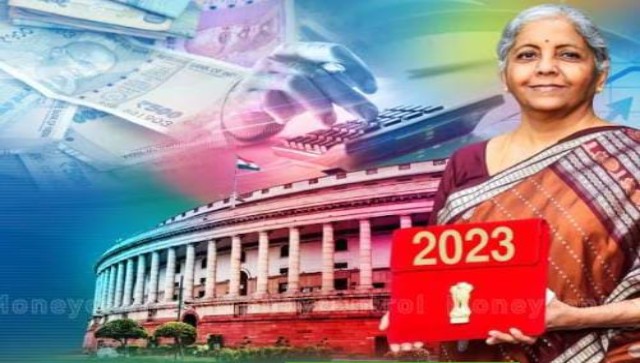India is eagerly waiting for the announcement of the Union Budget 2023-24 on 1 February by Finance Minister Nirmala Sitharaman. Various sectors across the country have big expectations from the upcoming budget. The Indian government had proposed to invest Rs 39,44,909 crore in 2022-23, showcasing a rise of 4.6 per cent over the revised estimate of Budget 2021-22. The Centre also expected a nominal GDP growth rate of 11.1 per cent in 2022-23. Boosting the infrastructure sector will likely be among the major points of the upcoming budget, as mentioned in a report by Mint. Anil Bansal, Senior Director, Urban Reforms & Infrastructure of IPE Global, stated in an interview with the media outlet that India has been seeing a renewed focus on urban development in the past few years. Bansal added that the rise in investment was being witnessed especially after the launch of some centrally sponsored schemes like Smart Cities Mission (SCM), Swachh Bharat Mission (SBM) and the Pradhan Mantri Awas Yojana (PMAY)-Urban. According to him, Budget 2023 is expected to take this momentum forward and form a base for achieving major transformations by 2030. Have a look at some of the key expectations of the infrastructure sector from the Union Budget 2023-24: Higher allocations for urban services According to Anil Bansal, the central allocations to the infrastructure sector have been tilted heavily towards urban housing and metro rail, with relatively low amounts set aside for urban services like sanitation and water supply. He said that with the introduction of schemes like the Atal Mission for Rejuvenation and Urban Transformation (AMRUT) 2.0 and Swachh Bharat Mission (SBM) 2.0 in recent years, higher allocations for these sub-sectors are expected this time. Financing of urban infrastructure Vinayak Chatterjee, Chairman of the Confederation of Indian Industry’s (CII) National Task Force on Infrastructure Projects, gave some suggestions to boost the infrastructure in a report by BQ Prime. According to him, a report by the Reserve Bank of India (RBI) on municipal finances and a report of the World Bank on financing India’s urban infra needs point towards serious deficiencies. According to the mentioned World Bank report, India will require to invest $840 billion over the next 15 years into urban infrastructure to effectively meet the needs of its urban population. Chatterjee said, “With municipal capacity building measures emphasised in the Finance Minister’s Budget speech of last year, this Budget is widely expected to come up with a special package for promoting municipal bonds.” He added that it could possibly have incentives for municipal bonds as measures to kickstart this crucial capital market instrument. Allocation of special budgets for climate mitigation and adaptation efforts According to Anil Bansal, the government would do well to allocate special budgets for climate mitigation and adaptation efforts, to build climate-sensitive and climate-smart cities. Bansal said that learnings from the ongoing SCM should be absorbed. He added that the available digital and growing technologies like Artificial Intelligence (AI) should be leveraged for further delivering transformational improvements in urban services. Taking cognisance of a slowdown in the combined investments of states in public works Vinayak Chatterjee said that 50 per cent of all infrastructure and public works spending is contributed by the states, as against the central government’s 50 per cent. He stated that the investments by the central government have been robust. However, according to Chatterjee, the available data implies a worrying slowdown of capex by states in the first eight months of this fiscal and the Union Budget should take cognisance of this. Capacity building of project executing and implementing agencies According to Bansal, the main challenges causing extra budgetary resource requirements, cost overruns, and chronic slippages on urban projects and missions are delays in land acquisitions and slow execution of works. Bansal stated that the delays underscore the need for laying more emphasis on capacity building, project execution and project implementing agencies. Read all the Latest News , Trending News , Cricket News , Bollywood News , India News and Entertainment News here. Follow us on Facebook , Twitter and Instagram .
Budget 2023: Expectations of infrastructure sector from Union Budget 2023-24
FP Trending
• January 21, 2023, 19:07:08 IST
According to a World Bank report, India will require to invest $840 billion over the next 15 years into urban infrastructure to effectively meet the needs of its urban population
Advertisement
)
End of Article